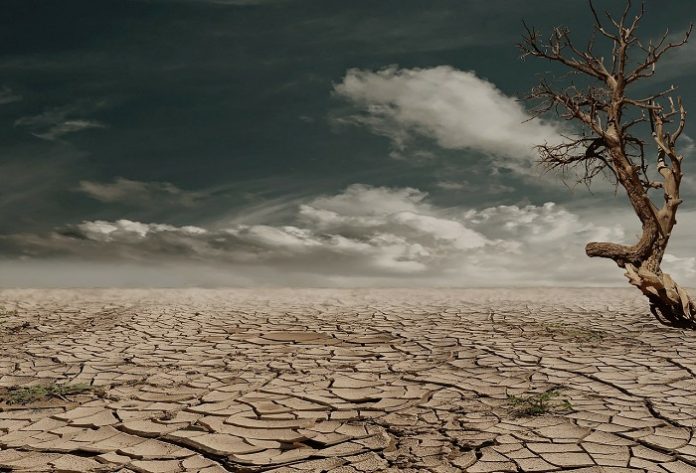The United Nations World Food Programme (WFP) will launch an emergency operation to assist one million people devastated by three years of prolonged drought exacerbated by the El Niño weather phenomenon.
Many households have experienced several consecutive poor harvests. Roseline is a farmer and a mother of five.
Video-speeches:
SOUNDBITE (Creole) Roseline, Farmer:
“This is a tough zone to live in. All of our animals died. We used to be able to work, but now we can’t because it hasn’t rained.”
As a result of poor harvest, farmers like Belony Elismé, are running out of resources. He, his wife, Edna and daughter Marie Ange are struggling to feed themselves.
SOUNDBITE (Creole) Belony Elismé, Farmer:
“This child has had nothing to eat since yesterday, the neighbour eventually give her something to eat, but we ourselves can’t.”
WFP Executive Director Ertharin Cousin, ended a three-day visit to Haiti where she met communities hit by drought and El Niño.
SOUNDBITE (English) Ertharin Cousin, WFP Executive Director:
“The world has forgotten Haiti. This country has suffered through 3 years of drought, 2 years that were climate related, now El Niño drought. I’m with a family who is representative of what is happening to the most vulnerable people here in Haiti. Because of lack of water, lack of rain and the agriculture is rain-fed, that means that charcoal is the only way for a family to earn a living.”
Deforestation is still among the leading threats to the environment, with the proportion of natural forests estimated at 2.6 percent of the territory in 2010, compared with 5.5 percent in 1956. The significant increase in forest planting is not yet sufficient to reverse the trend, especially as 92.7 percent of Haitian households use wood or charcoal for cooking. When it does rain, floods occur washing agricultural fields into the sea, destroying roads and infrastructure.
Like many other farmers Kesnel is now chopping wood to make charcoal, the only source of income to feed his family.
SOUNDBITE (Creole) Kesnel Alizor, Farmer:
“If we had water we could plant a garden, plant banana trees, etc. But all we have left are our trees, which we cut down for firewood and charcoal.”
An estimated 3.6 million people, or one-third of Haiti’s population, face food insecurity. This number includes more than 1.5 million who are severely food insecure and do not know where their next meal is coming from, according to an assessment by WFP and the National Coordination for Food Security.


